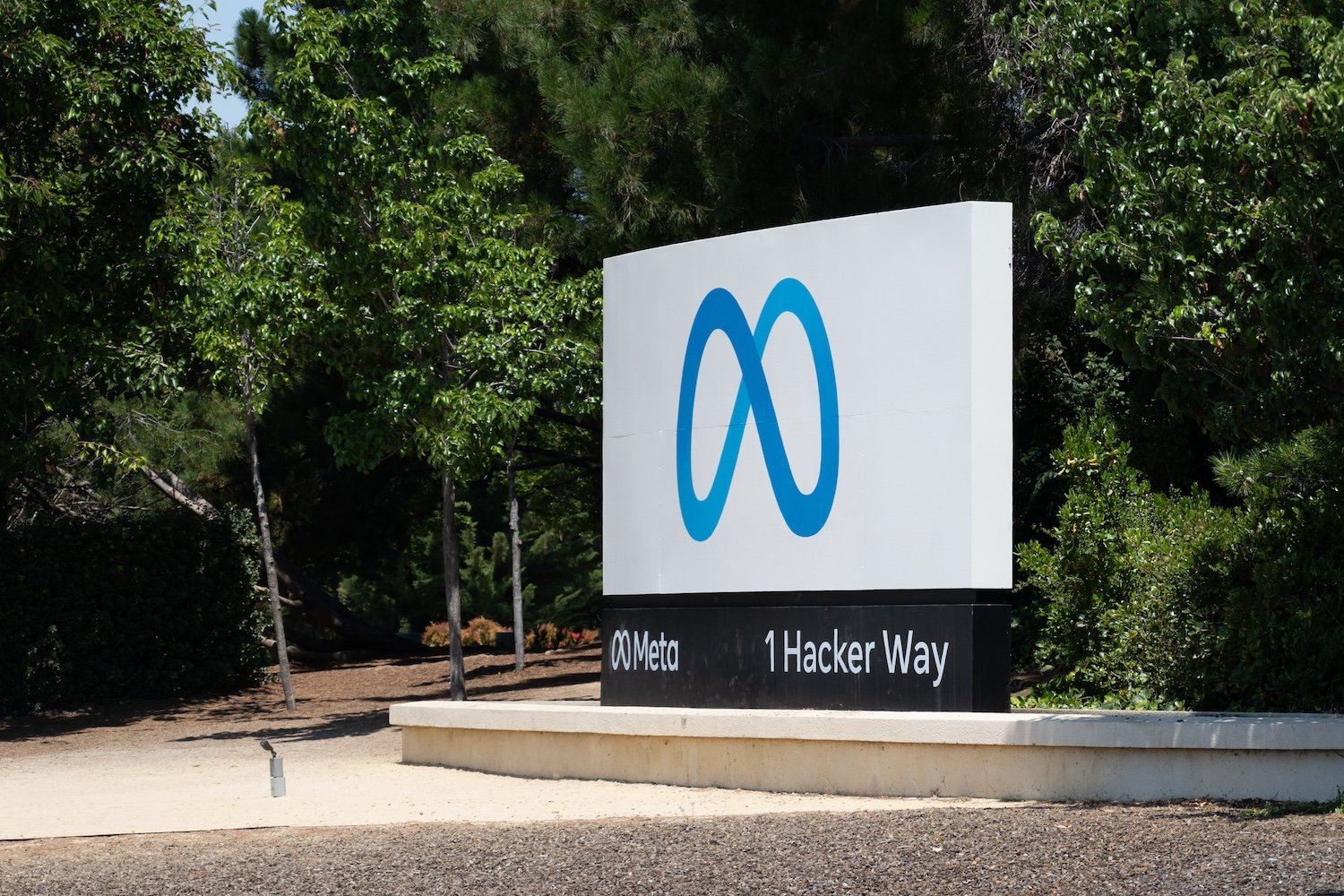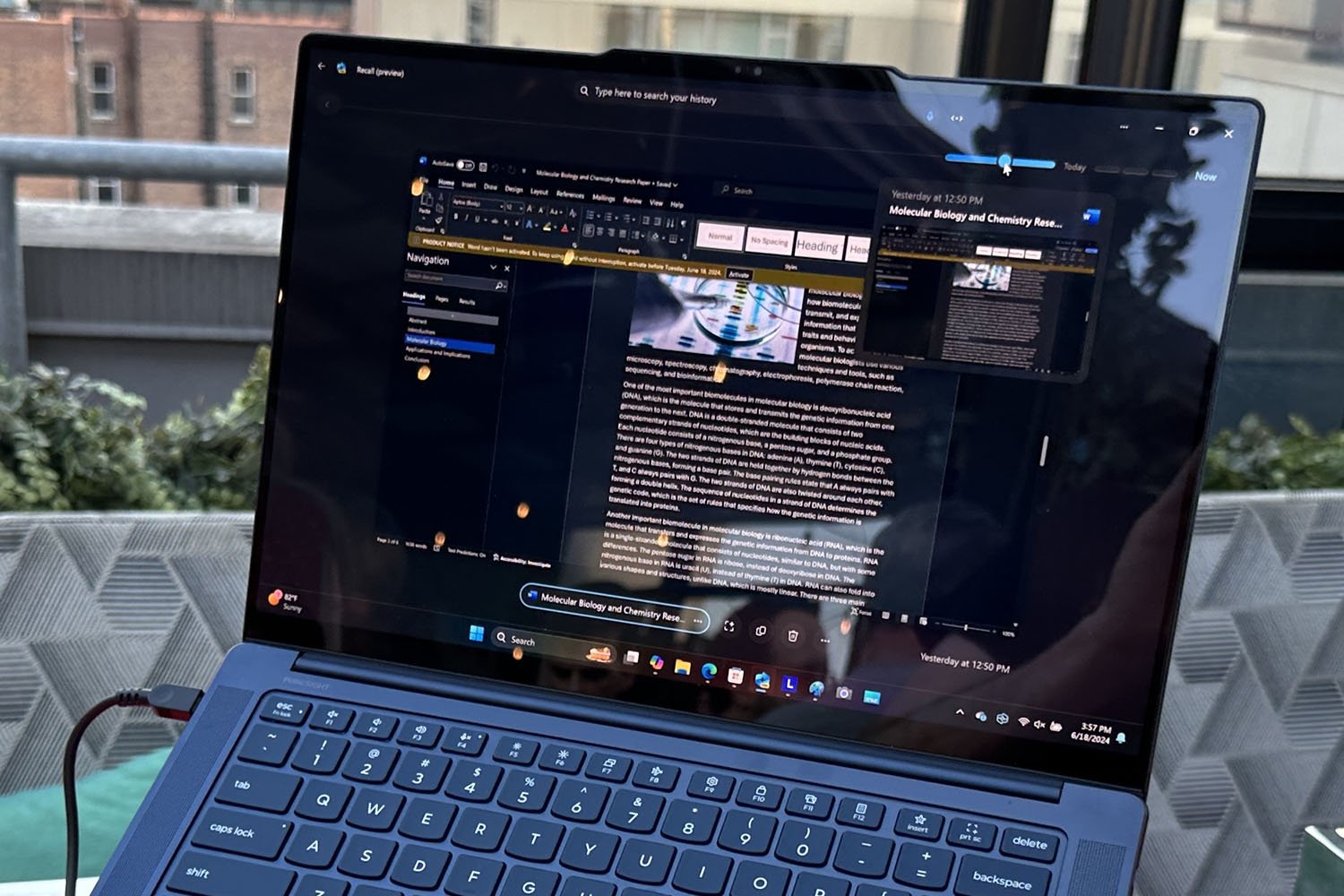Meta asserts its newest AI model, Llama 4, exhibits less political bias than its predecessors. The company attributes this improvement partly to enabling the model to address more politically divisive questions. Meta also suggests Llama 4 now rivals the lack of political slant observed in Grok, the self-proclaimed “non-woke” chatbot from Elon Musk’s xAI.
Meta emphasizes its commitment to eliminating bias from its AI models. The company aims for Llama 4 to understand and present both sides of contentious issues. They are working towards making Llama more responsive, ensuring it answers questions, acknowledges diverse viewpoints without judgment, and avoids favoring specific perspectives.
Skepticism surrounds large language models (LLMs) developed by a select few companies. A primary concern revolves around potential control over the information sphere. Controlling the AI models could essentially control information dissemination, influencing public perception. This concern isn’t new; internet platforms have long employed algorithms to curate content visibility. This explains the continued criticism Meta faces from conservatives who allege suppression of right-leaning viewpoints, despite historically high engagement with conservative content on Facebook. CEO Mark Zuckerberg’s efforts to appease the current administration suggest a desire to mitigate potential regulatory challenges.
In its blog post, Meta highlighted that Llama 4’s changes specifically target a reduction in perceived liberal bias. They acknowledge that leading LLMs historically lean left on debated political and social topics, attributing this to the nature of available training data. While Meta hasn’t disclosed Llama 4’s training data, it’s widely understood that Meta and other companies often utilize pirated books and website scraping without authorization.
A challenge in optimizing for “balance” is the potential for creating false equivalencies, lending credibility to unsubstantiated arguments lacking empirical, scientific backing. This phenomenon, often referred to as “bothsidesism,” describes the media’s tendency to give equal weight to opposing viewpoints, even when one side presents data-driven arguments while the other promotes conspiracy theories. While groups like QAnon generate interest, they represent fringe movements and perhaps received disproportionate attention.
A persistent issue with leading AI models is generating factually accurate information. Even today, these models frequently fabricate information. While AI offers many useful applications, its use as an information retrieval system remains risky. LLMs often present incorrect information confidently, challenging traditional methods of assessing website legitimacy.
AI models do grapple with bias. Image recognition models, for example, have demonstrated difficulties recognizing people of color, and women are often depicted in sexualized ways. Bias manifests in less obvious forms as well, such as the overuse of em dashes in AI-generated text, reflecting the writing style of journalists and other writers whose work is often used for training data. These models tend to reflect popular, mainstream views.
Zuckerberg’s apparent attempt to gain favor with former President Trump suggests a politically motivated approach. Meta explicitly signals its model’s less liberal stance. Therefore, future interactions with Meta’s AI products might encounter arguments supporting unsubstantiated claims.
In conclusion, Meta’s claims about Llama 4’s reduced political bias raise important questions about balancing viewpoints, data transparency, and the potential for political influence in AI development. While addressing bias is crucial, the pursuit of “balance” shouldn’t compromise factual accuracy or lend credibility to misinformation. The ongoing challenge remains ensuring AI models serve as reliable and unbiased sources of information.











